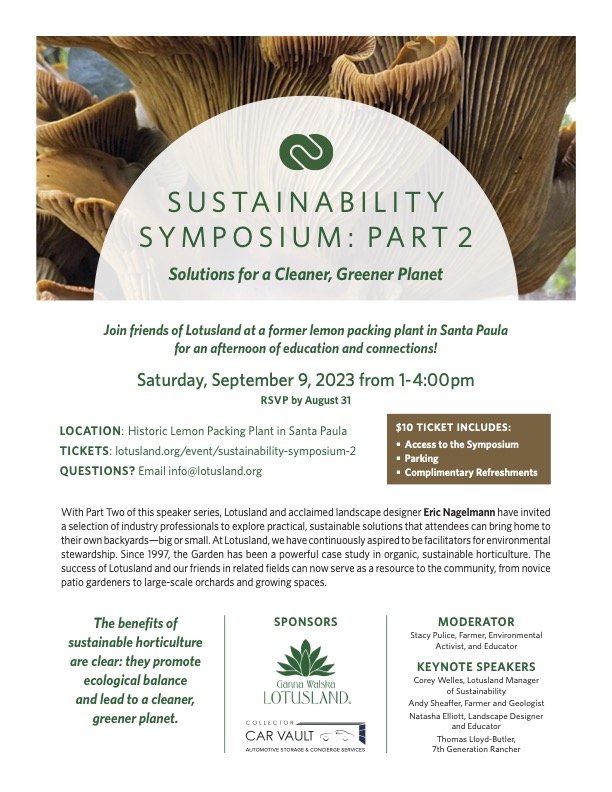What agriculture + education have in common...
This blog post was originally shared via my email newsletter.
To receive notes like this in your inbox so you don’t miss a beat, please sign up here.
As we approach the back-to-school season, I’m reflecting on the research I began years ago while getting my doctoral degree in psychology. I studied the wellbeing of young students, teachers, and administrators, and learned that schools can (and maybe should) be understood as ecosystems where living beings exist in relationship to each other.
When school-based interactions are positive and life-affirming, with an emphasis on what I call the “four C’s” of care, connection, community, and choice, all beings within the system can thrive. Everyone experiences more motivation and positive self-esteem. But without the four C’s, students and faculty experience alienation and reduced motivation and self-esteem, plus depletion and eventual drop-out.
Unfortunately, most schools and curriculums aren’t built around the four C’s. Without our express intention, a colonizing mindset informs how education is designed and managed, with an emphasis on measurable “success,” results, and compliance. Is it any surprise that these same values are behind our conventional farming norms?
After my near-death experience from liver failure in 2019 and my shift towards healing my body and the ranch where I live, my academic training presented a struggle. I habitually sought the “right” answers to problems and resisted trial-and-error for fear of failure. But gingerly at first, I began to overcome these fears as I tried more “experimental” regenerative farming practices like cover cropping, livestock grazing, and applying extensive mulch. Turns out, this stuff works.
To my ultimate delight, I’ve found that life can be far more interesting when approached with the beginner's mind we naturally possess as children. There is no right answer for all situations and all contexts for all plants and animals. Each is unique and always changing, like each of us. I’m gradually finding my way by returning to many of the same qualities we originally engaged in while learning about the world, using all my senses (including intuition) to receive information about the state of wellness, fertility, and stage of development of the myriad plants, soil and creatures I live amongst. During the course of the day I move about freely with energy and inspiration and a greater sense of timelessness, because growing things take as long as they take. Human or otherwise.
Having said that, I also appreciate the fact that my education taught me the discipline, research skills, scientific testing and technology that have allowed me to apply ancient methods to a modern-day regenerative ranch. It’s complicated! I’m excited to dig into this more, especially in my next book...
And in my new podcast, launching in two weeks! Stay tuned for the details, and you'll get an email announcement when the first episode goes live.
In the meantime, if you are interested in this conversation too, I hope you’ll watch the recording of this TEDx Santa Barbara talk I did recently. If you do watch, I’d love to hear what comes up for you. What links do you see between classrooms and gardens?
One more way to engage: join me for Lotusland's Sustainability Symposium, Part Two, coming up on Saturday, September 9 from 1-4pm. I'll be moderating a conversation with keynote speakers Corey Welles (Manager of Sustainability at Lotusland), Andy Schaffer (Farmer & Geologist), Natasha Elliott (Landscape Designer & Educator), and Thomas Lloyd-Butler (7th Generation Rancher). Purchase a $10 ticket here.
That's all for now, but I'll be back in touch next week with more podcast launch news. If you crave these sorts of conversations on regenerative practices and possibilities for soil and soul, keep your eyes peeled...


